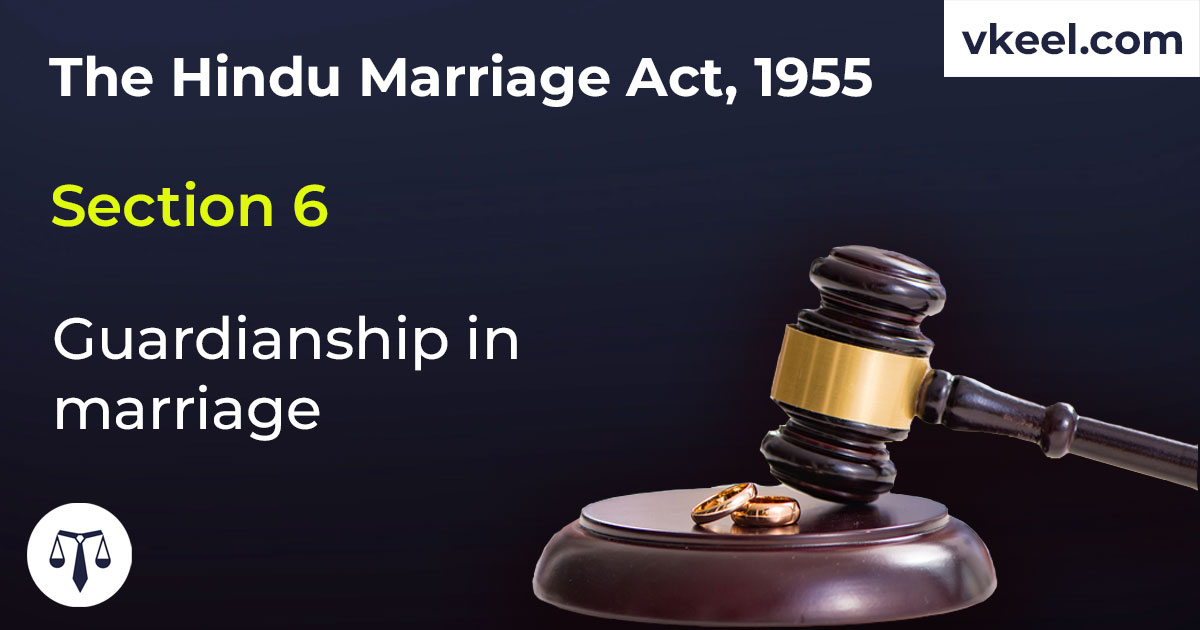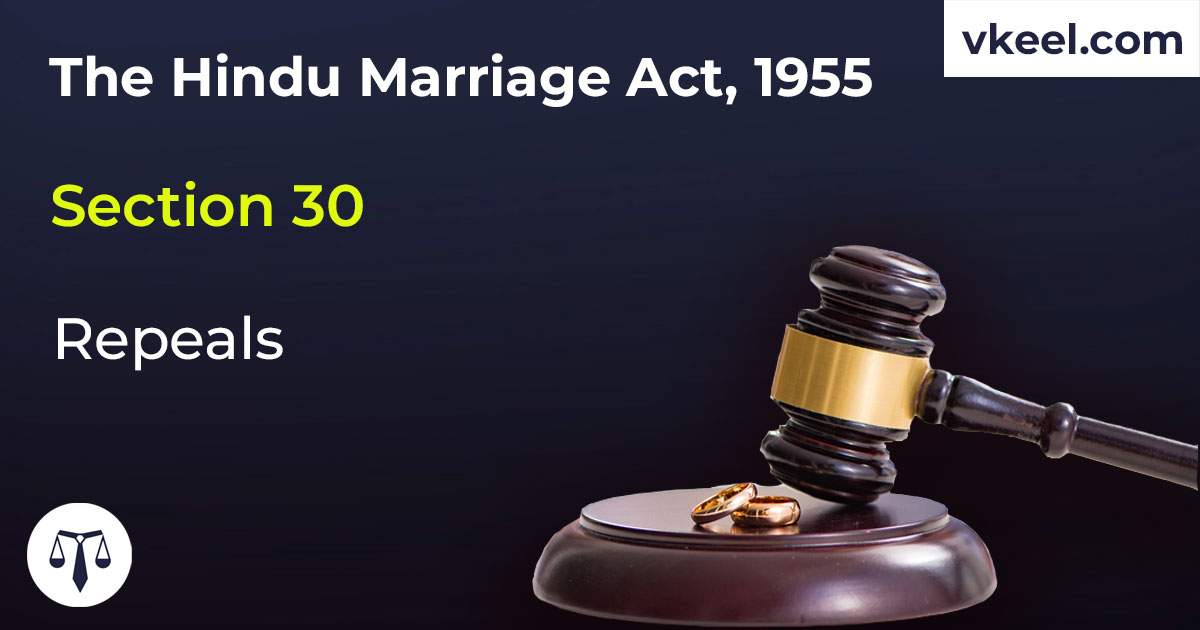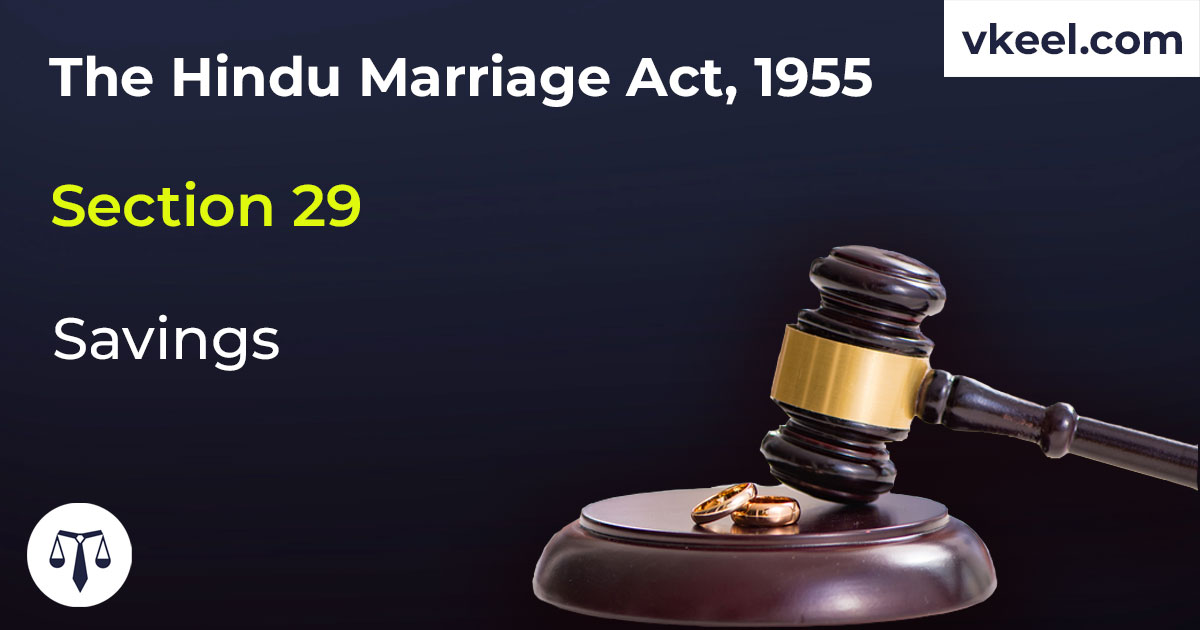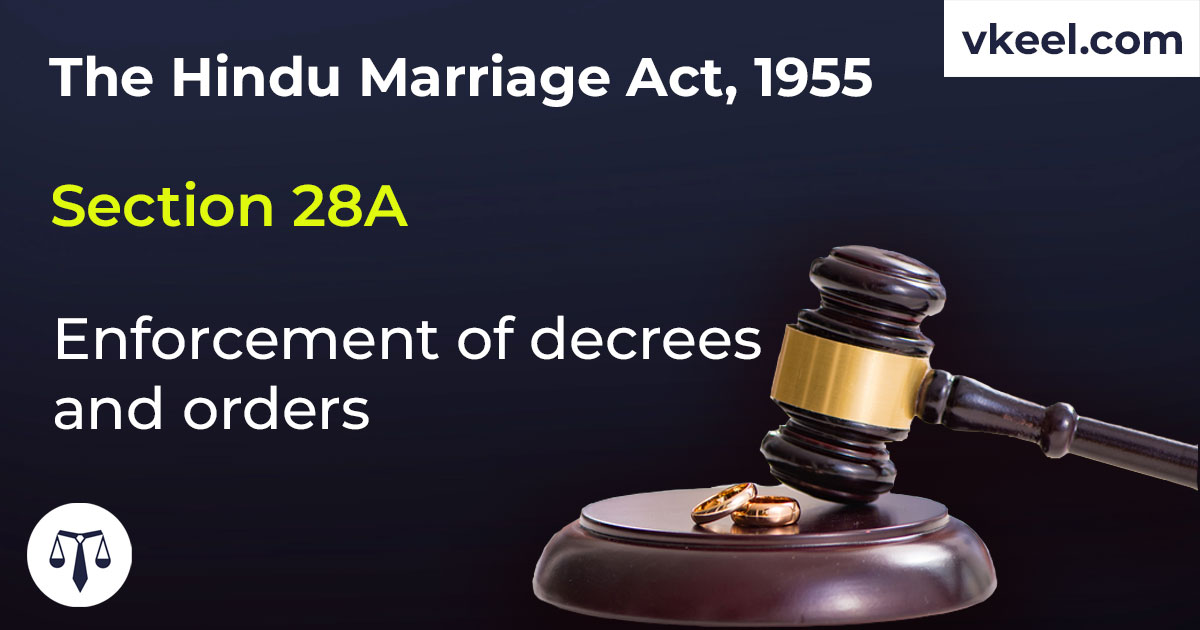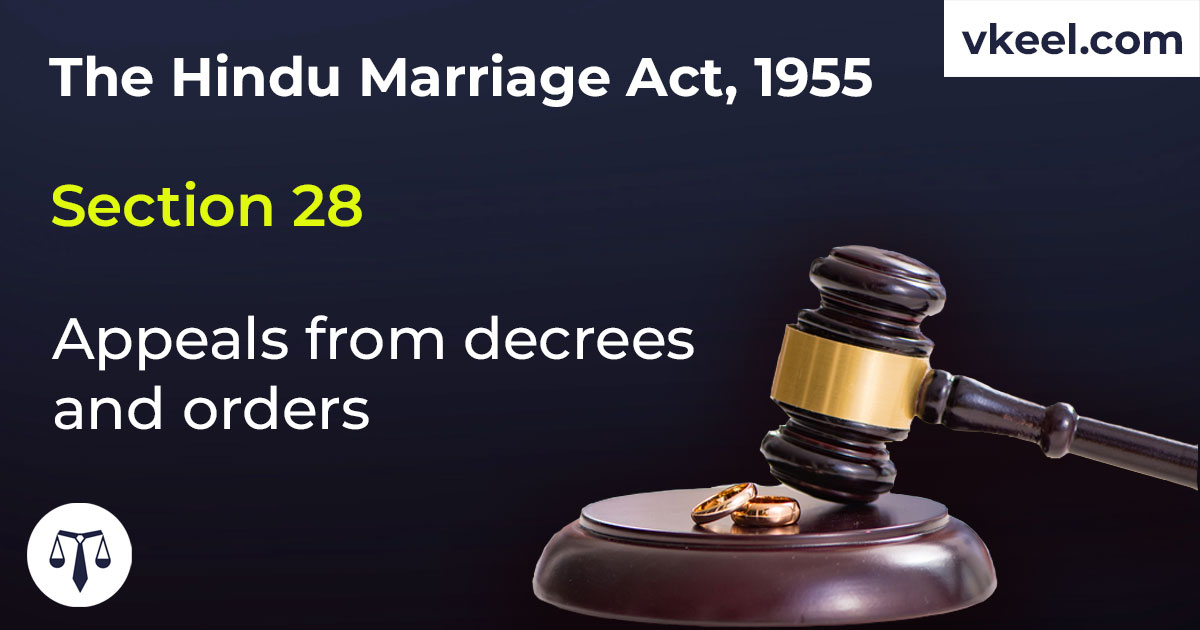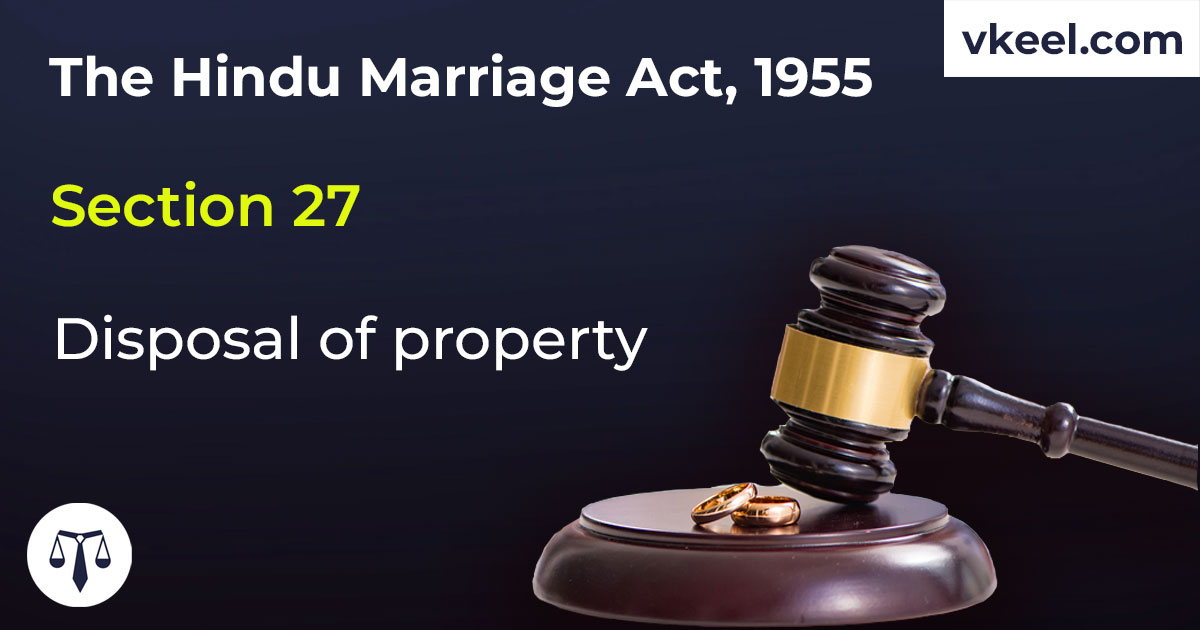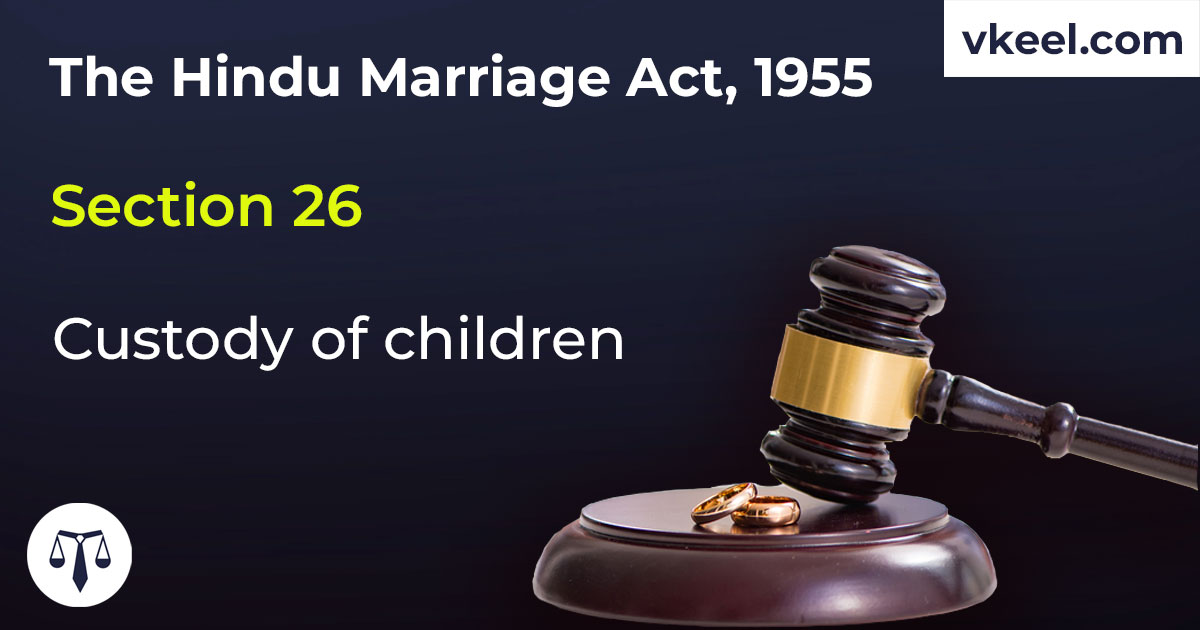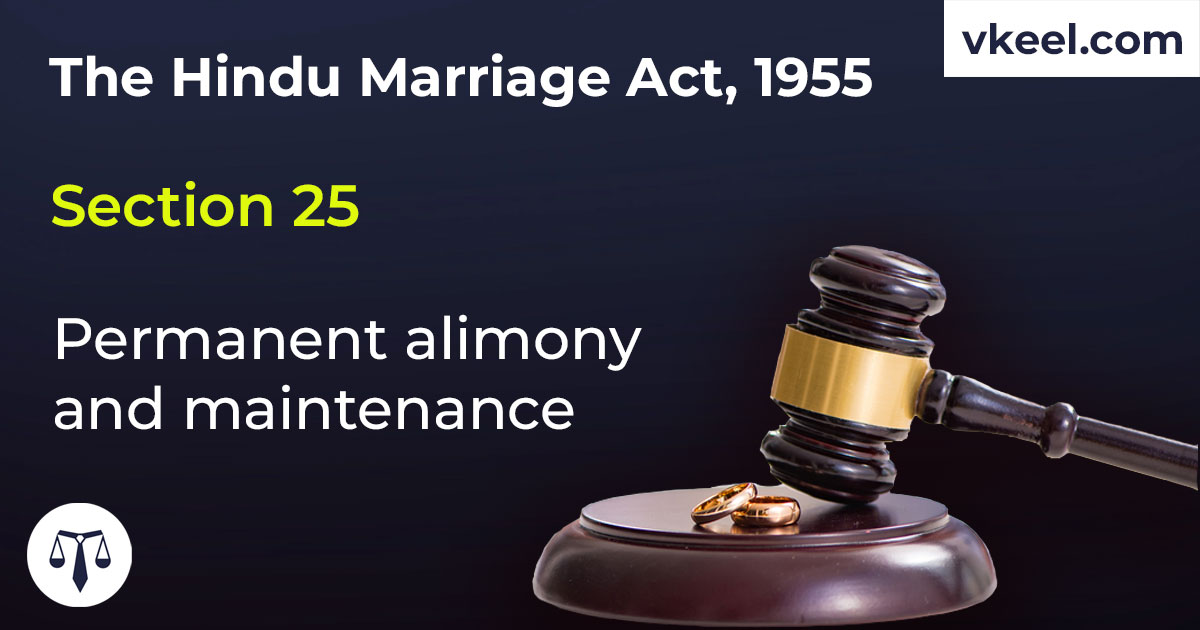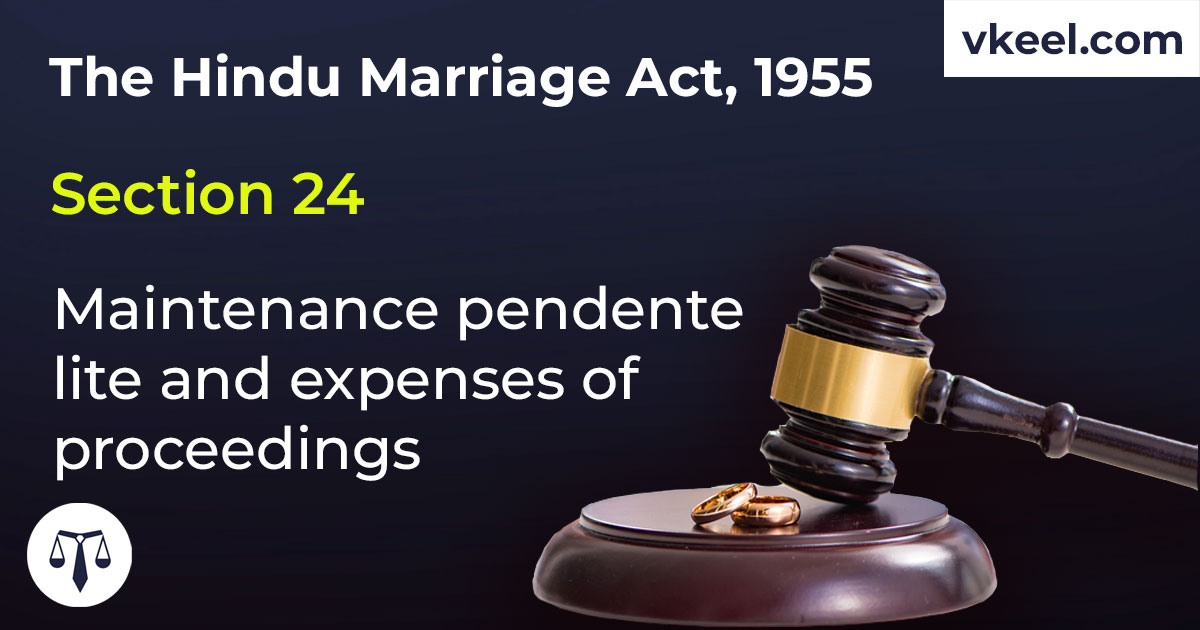Section 6 Hindu Marriage Act 1955 – Guardianship in marriage
By Vkeel Team
Table of Contents
Description
“Section 6 Hindu Marriage Act 1955”
[Guardianship in marriage. Omitted by the Child Marriage Restraint (Amendment) Act, 1978, (2 of 1978), s. 6 and Schedule (w.e.f. 1-10-1978).
Section 6 Hindu Marriage Act 1955 deals with the guardianship of a minor in marriage
The Hindu Marriage Act of 1955 is an important piece of legislation in India that governs the marriage of Hindus. Section 6 Hindu Marriage Act 1955 outlines the requirements for a minor to be legally married in India. It states that a minor must have a guardian appointed by the court to represent them in the marriage. The guardian must be of the same religion as the minor and must be of sound mind and body. The guardian must also be of good character and must be able to provide the minor with the necessary guidance and support during the marriage. This section also outlines the duties of the guardian.
Role of Guardians in Hindu Marriages Under Section 6 Hindu Marriage Act 1955
The Hindu Marriage Act 1955 is a codified law that governs the marriages of Hindus in India. It is a comprehensive law that outlines the rights and responsibilities of both parties in a marriage. One of the most important aspects of the Hindu Marriage Act is the role of guardians in Hindu marriages.
Under the Hindu Marriage Act, a guardian is defined as a person who has the legal authority to give consent to a marriage on behalf of a minor or an adult who is unable to give consent due to mental incapacity. The guardian is responsible for ensuring that the marriage is conducted in accordance with the Hindu Marriage Act and that the interests of the minor or incapacitated person are protected.
The Hindu Marriage Act outlines the criteria for determining who can act as a guardian in a Hindu marriage. Generally, the father of the bride or groom is the natural guardian and is responsible for giving consent to the marriage. If the father is deceased or unable to act as a guardian, then the mother or another close relative can act as the guardian. In some cases, the court may appoint a guardian if no suitable guardian can be found.
The guardian is responsible for ensuring that the marriage is conducted in accordance with the Hindu Marriage Act. This includes ensuring that the bride and groom are of legal age, that the marriage is not prohibited by law, and that the bride and groom are not related to each other in a prohibited manner. The guardian must also ensure that the bride and groom are both willing to enter into the marriage and that they are both aware of their rights and responsibilities under the Hindu Marriage Act.
The guardian is also responsible for ensuring that the marriage is conducted in accordance with the customs and traditions of the Hindu community. This includes ensuring that the marriage is conducted in a religious ceremony and that the bride and groom are both given appropriate gifts.
Finally, the guardian is responsible for ensuring that the marriage is registered with the local authorities. This is an important step as it ensures that the marriage is legally recognized and that the rights and responsibilities of both parties are protected.
In conclusion, the role of guardians in Hindu marriages is an important one. The guardian is responsible for ensuring that the marriage is conducted in accordance with the Hindu Marriage Act and that the interests of the minor or incapacitated person are protected. The guardian must also ensure that the marriage is conducted in accordance with the customs and traditions of the Hindu community and that the marriage is registered with the local authorities.
Description Source: indiacode
Disclaimer:
The information provided in the article is for general informational purposes only, and is not intended to constitute legal advice or to be relied upon as a substitute for legal advice. Furthermore, any information contained in the article is not guaranteed to be current, complete or accurate. If you require legal advice or representation, you should contact an attorney or law firm directly. We are not responsible for any damages resulting from any reliance on the content of this website.

